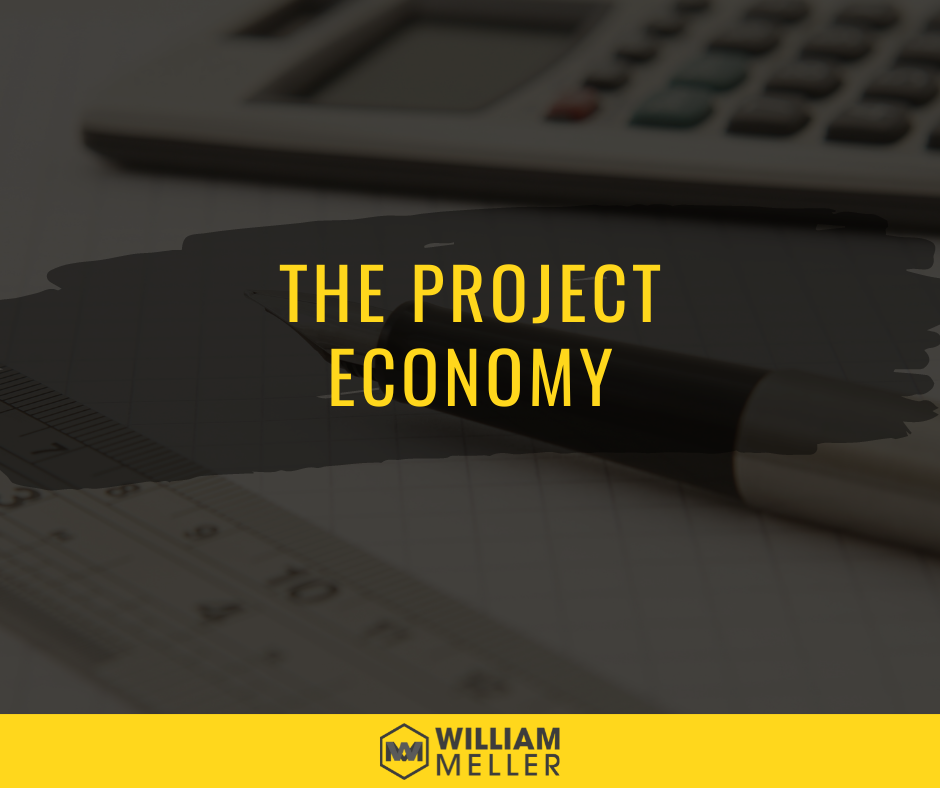
The Project Economy is the new economy emerging in which people have the skills and capabilities they need to turn ideas and strategies into reality to the world.
We live in a world surrounded by change and companies that need to adapt to these changes at every single moment. If your company don't want to be "deleted" by the changes, it needs to lead what is going to be or to mean that transformation.
Leaders need to recognize that their role in the project economy involves more than just the direct sponsorship of individual initiatives.
According to the Project Management Institute and Harvard Business Review, by 2027, some 88 million people around the world are likely to be working in project management, and the value of project-oriented economic activity will have reached $20 trillion. But research shows that only 35% of the projects undertaken worldwide are successful—which means we’re wasting an extravagant amount of time, money, and opportunity.
"... Despite this shift, many leaders still undervalue projects and project management. As a result, only 35% of the projects undertaken worldwide are successful—which means we’re wasting an extravagant amount of time, money, and opportunity..."
To take advantage of the new project economy, companies need a new approach to project management: They must adopt a project-driven organizational structure, ensure that executives have the capabilities to effectively sponsor projects, and train managers in modern project management.
"... The Project Economy is one in which people have all the skills and capabilities they need to turn ideas into reality – no matter what kind of project they’re working on. It is where organizations deliver value to stakeholders through successful completion of projects, delivery of products, and alignment to value streams. And all of these initiatives deliver financial and societal value..." - Cindy Anderson
These are millions of projects requiring millions of project managers and executive sponsors per year. According to Antonio Nieto-Rodriguez, projects used to be temporary tasks, whereas operations were permanent.
Now, changes are permanent, and operations are temporary tasks until the next change.
If managers and organizations want to build the competencies required to transform themselves and thrive in the new project economy, they’ll need to get comfortable devising strategies that are driven not by efficiency but by change.
I am incredibly grateful that you have taken the time to read this post.
Your support and engagement mean the world to me, and I truly appreciate your interest in the topics I write about.
I hope that you have found this post informative, educational and engaging.
If you are interested in reading more of my work, please visit other articles here on the website.
I promise to continue providing valuable and high-quality content for your enjoyment and education.
Thank you again for reading and I hope to see you soon!
Here are some related articles you may enjoy:
There are even more good things I've prepared for you!
Subscribe below or click here to receive new posts in your Email!
Do you want to read some book notes and recommendations? Discover more here!
Do you want to have amazing weekly content curation? Discover more here!
Ready to make a positive impact?
Support my work by sharing my content with your network.
Your simple act of kindness can reach new heights and help spread valuable information.
Want to show your support in a tangible way? A virtual coffee is a small but mighty way to show your appreciation and give me the extra energy to keep crafting valuable content!



